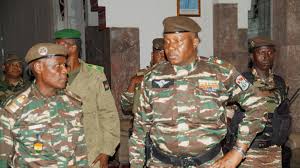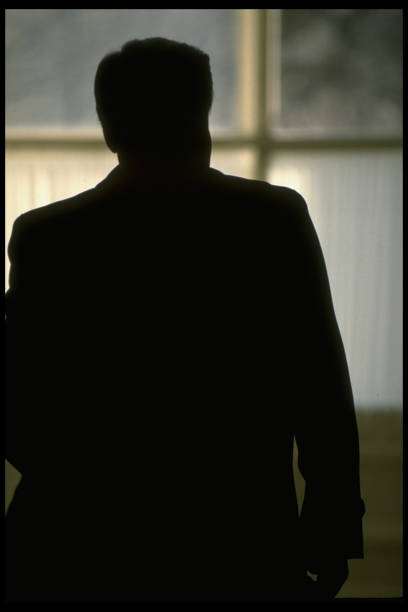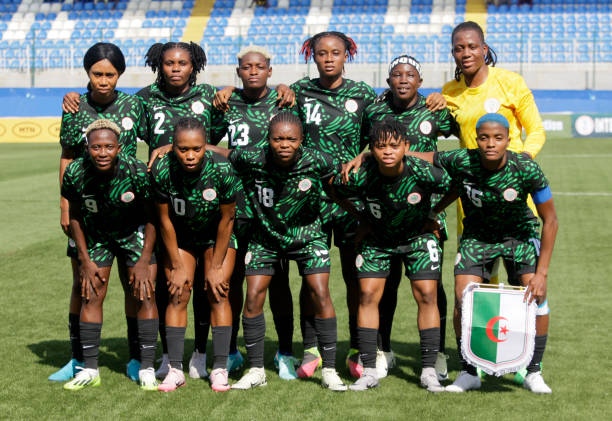In the dusty streets of Niamey, the capital of Niger, the change came quietly at first. Then came the fear.
“I used to sell fruit at the market,” says Mariama, a 34-year-old mother of three. “Now I can barely earn enough to feed my children. Since the coup, everything has changed.”
Niger, along with neighbouring Mali and Burkina Faso, has experienced a wave of military takeovers in recent years. These coups – staged in the name of security and stability – promised to fight terrorism, corruption, and foreign interference. But for many ordinary people, daily life has only become harder.
Promises and Power
In Mali, Colonel Assimi Goïta seized power in 2021, saying it was necessary to save the country from jihadist violence. In Burkina Faso, Captain Ibrahim Traoré took control in 2022. Niger followed in 2023, when a group of army officers overthrew the elected president.
All three countries are part of the Sahel region, where Islamist militants have caused chaos for over a decade. The military leaders blame the previous governments and their Western partners – especially France – for failing to protect their people.
“They say they are protecting us,” says Oumar, a schoolteacher in Bamako, Mali’s capital. “But many schools are closed because of violence. And now we also fear the military.”
Daily Struggles
In all three nations, poverty is rising. Electricity cuts are frequent. Prices for food and fuel have soared. Sanctions imposed by neighbouring countries and regional bodies – like ECOWAS – have made trade more difficult.
In Burkina Faso, whole villages have been emptied by fighting. Farmers are afraid to go to their fields. In Niger, foreign aid – once a lifeline – has been suspended by many Western countries. Mali has turned to new allies like Russia for support, but critics say this brings more weapons, not peace.
“We thought things would get better,” says Aïcha, a nurse in Ouagadougou. “Instead, we are more afraid – of the terrorists, and of the soldiers.”
A New Alliance
Despite the hardships, the three military governments are pushing back against outside pressure. In early 2024, they withdrew from ECOWAS and formed their own alliance: the “Alliance of Sahel States.” They say it is the start of a new era – one of African independence.
But analysts worry about growing isolation and shrinking freedoms.
“Journalists are being arrested. Protests are banned,” says a civil rights activist in Niamey, who asked not to be named. “People are scared to speak out.”
The Road Ahead
There is no easy way forward. The threat of jihadist attacks is real. So is the anger many citizens feel toward old political elites. But military rule, critics say, is not a long-term solution.
Some in the region still have hope. “We are strong people,” says Mariama. “We have survived war and hunger before. But we need peace. We need our voices to be heard.”
As the Sahel faces a future shaped by soldiers, bullets, and broken promises, many are asking: Who will bring true change – and when?
This story is based on interviews and reports from Mali, Niger, and Burkina Faso. Names have been changed for safety.





